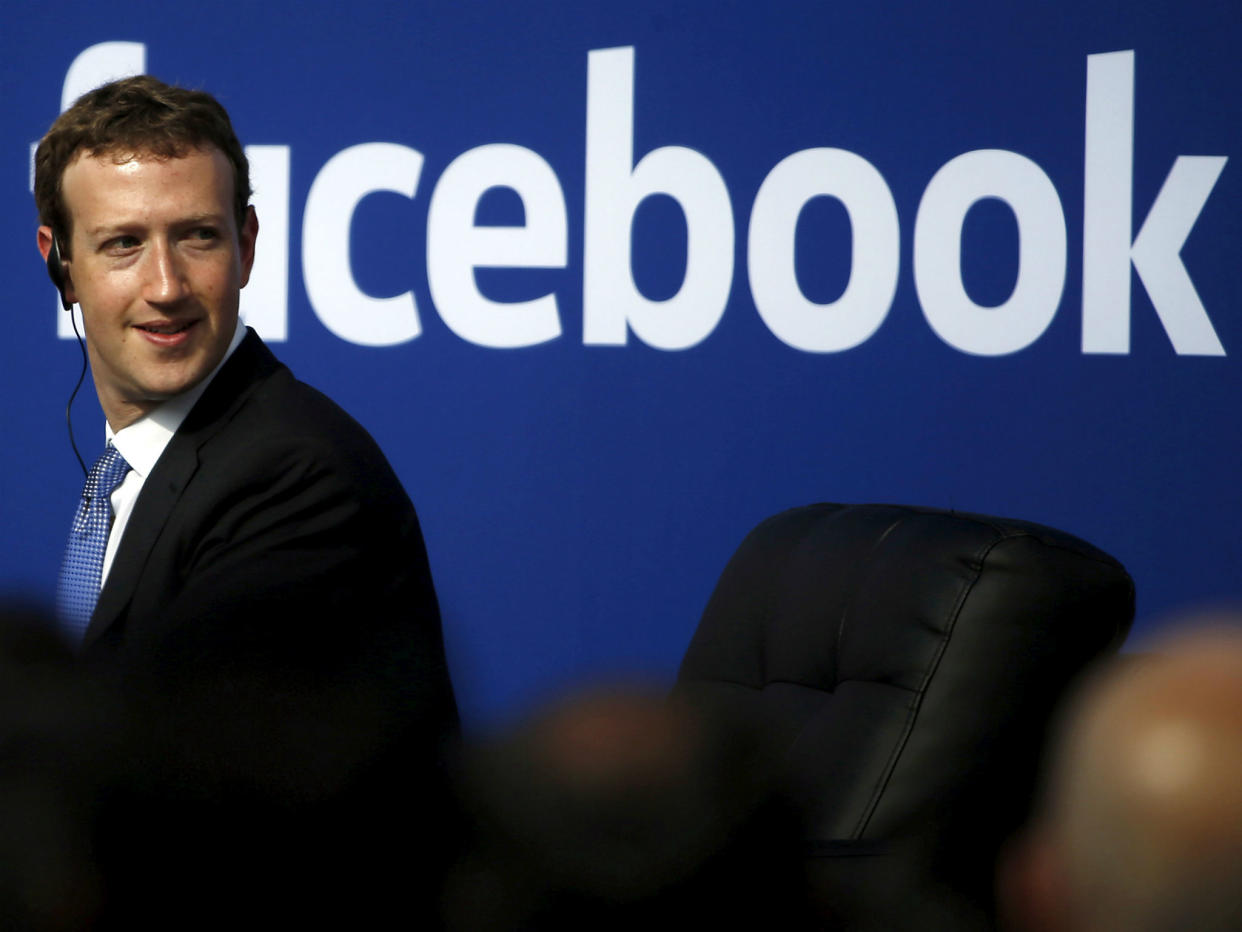Facebook says it removed or flagged 1.9 million pieces of terrorism-related content this year

Facebook has said it removed or flagged 1.9 million pieces of content linked to al-Qaeda or Isis in the first part of 2018.
That figure represented a nearly twofold increase over the prior quarter, the social media site said in a blog post.
Only a tiny sliver of those posts were identified by Facebook users, the company said. The vast majority - some 99 per cent - were flagged by Facebook reviewers and by the site’s detection technology.
Facebook’s announcement that it had proactively found and scrubbed a far larger quantity of terrorism-related speech offered it an opportunity to demonstrate it is taking the threat seriously.
“We’ve made significant strides finding and removing [Isis and Al-Qaeda] propaganda quickly and at scale”, the blog post said, noting Facebook has added 50 people to its counterterrorism team and intends to add more.
The social media giant has faced tremendous pressure to police hate speech and crack down on content that may incite violence, paralleling a backlash over revelations that Russian-linked actors used the site to sow discord and try to sway the 2016 presidential election.
As the extent of the Russian influence campaign has come into focus, Facebook executives have increasingly acknowledged that the site’s vast reach and influence make it prone to abuse. Similarly, in the wake of a data privacy scandal that saw up to 87 million user' data in the hands of political firm Cambridge Analytica, Facebook's chief operating officer Sheryl Sandberg said that “bad actors” would always try to exploit the platform.
The post detailing Facebook’s counter-terror efforts echoed the company's recognition of its potential for misuse. It noted that “bad actors have long tried to use” the internet for nefarious ends, noting that white supremacists and al-Qaeda have for decades sought to disseminate their ideologies online.
“While the challenge of terrorism online isn’t new, it has grown increasingly urgent as digital platforms become central to our lives”, the post said.

 Yahoo News
Yahoo News 
